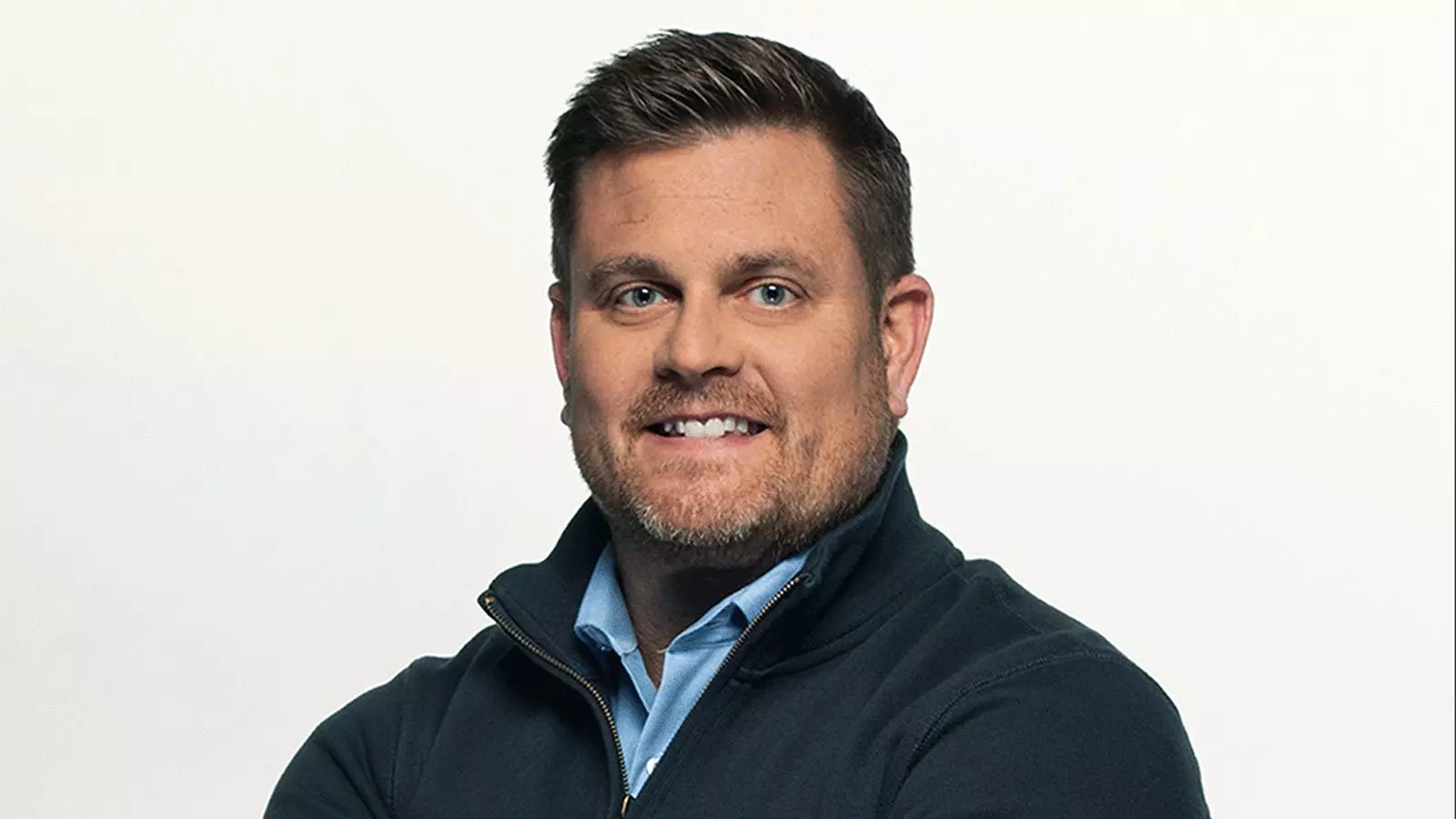The tragic death of Brian Thompson, the CEO of UnitedHealthcare, has shocked many, bringing attention to both his leadership and the broader implications of healthcare management in America. Despite leading one of the largest health insurance companies in the country, Thompson remained relatively unknown outside his industry until an unexpected act of violence thrust him into the public eye. This incident not only sheds light on his significant role in the healthcare sector but also raises important questions about leadership, accountability, and public perception in an industry that affects millions.
Brian Thompson’s career spanned over two decades within UnitedHealth Group Inc., a company whose influence permeates the healthcare landscape. From his beginnings as a certified public accountant at PricewaterhouseCoopers to assuming the CEO position at UnitedHealthcare in 2021, Thompson’s professional trajectory is emblematic of the complexity of leadership in contemporary healthcare. Notably, UnitedHealthcare insures over 49 million individuals, rivaling the populations of entire countries, such as Spain.
Under Thompson’s stewardship, the company generated an astonishing $281 billion in revenue in the previous year alone, demonstrating his effectiveness in navigating the challenges of health insurance amidst a dynamic regulatory environment. His hefty compensation of $10.2 million annually reflects the high expectations placed on leaders like him. However, despite these impressive figures, Thompson’s name was often overshadowed by that of his parent company’s CEO, Andrew Witty, indicating a disconnect between corporate achievements and public recognition.
Thompson’s leadership style was characterized by a commitment to evolving the healthcare model through initiatives like value-based care. This approach emphasizes preventative care, incentivizing healthcare providers to prioritize patient health over treatment of illnesses. During a presentation to investors, Thompson articulated a vision for a more humane healthcare experience, asserting that families should not grapple alone with the intricacies of medical decisions. He described healthcare as a system that should be intuitive and accessible, a sentiment that resonates with many who have faced the daunting maze of medical services.
However, this push for reform was not without controversy. The implementation of policies like curtailing payments for non-critical emergency room visits spurred backlash from healthcare advocates. Critics, including the CEO of the American Hospital Association, decried the potential financial burdens placed on patients, arguing that navigating emergencies is inherently fraught with uncertainty. Thompson’s decision to delay the rollout of this policy illustrated the delicate balance he navigated between corporate strategy and ethical responsibility.
Tragic End and Its Implications for Healthcare Leadership
On a fateful day in New York, Brian Thompson’s life was abruptly cut short by a senseless act of violence. As he neared an investor meeting, Thompson was shot in the back, shocking those who knew him and prompting investigations into the motives behind the attack. The details surrounding his assassination are still under investigation, with authorities exploring his social media activity and personal connections for clues.
This event serves as a stark reminder of the vulnerabilities faced by leaders in today’s complex environment. While Thompson’s role was to guide a massive healthcare organization, the repercussions of his decisions extended far beyond corporate boardrooms—they affected the lives of millions. His untimely passing leaves a significant gap, not only in the company but within a broader discourse about the sustainability and ethics of the healthcare system.
The legacy of Brian Thompson will undoubtedly be characterized by both his ambitious visions for healthcare reform and the unpredictable nature of leadership in a high-stakes industry. The unfortunate circumstances surrounding his death compel us to reflect on the essential role that healthcare leaders play in shaping the lives of countless individuals, even if their names may not be widely recognized.
As discussions around healthcare continue to evolve, it is crucial to consider the impact of leadership decisions on public health and the ethical implications of those choices. In remembering Thompson, we are reminded of the critical intersection between business acumen, public responsibility, and human life—a reminder that effective leadership in healthcare is as multifaceted as the industry itself.


Leave a Reply